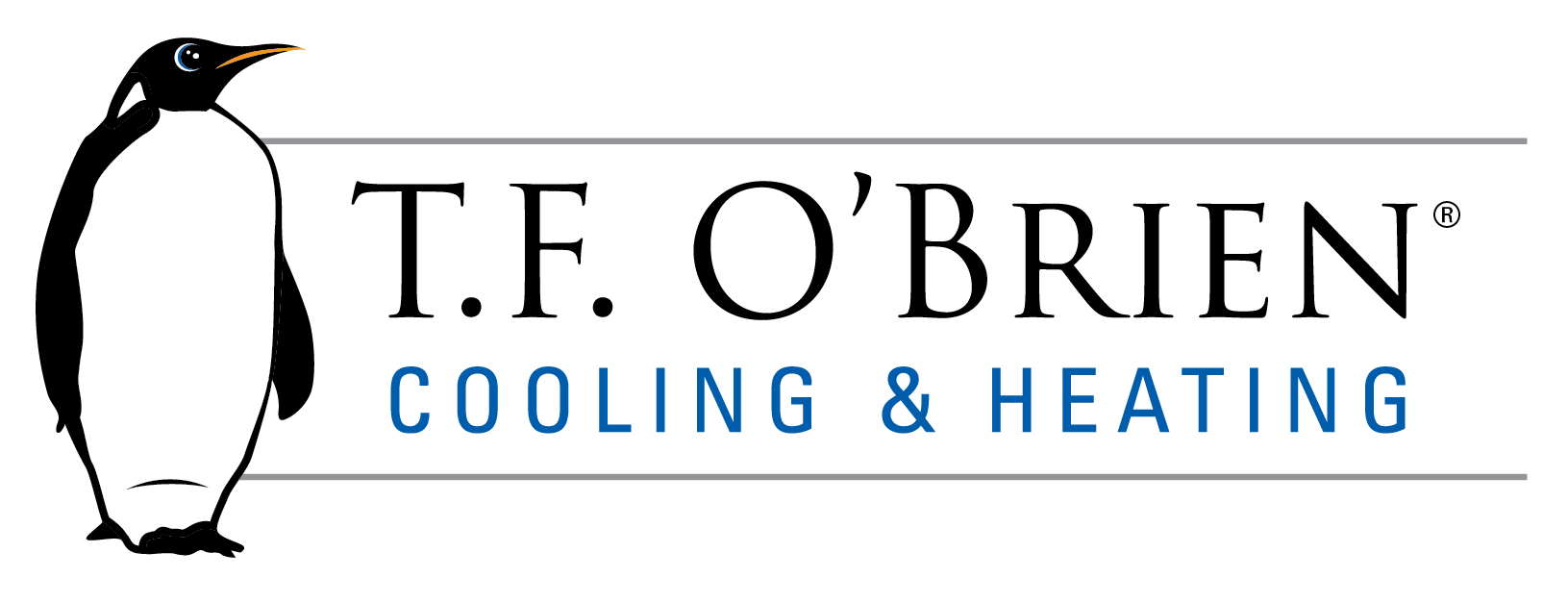 Plenty of problems can come from flood water in basement areas, including structural damage, damage to appliances and mold growth. With proper safety precautions and thorough cleanup, though, you can minimize the harm done to your Long Island home.
Plenty of problems can come from flood water in basement areas, including structural damage, damage to appliances and mold growth. With proper safety precautions and thorough cleanup, though, you can minimize the harm done to your Long Island home.
- Manage the utilities – Shut off the electricity at the main before you enter the area. Failing to do so puts you at risk for electrocution. If you smell natural gas, though, don’t touch any electrical switches or the phone. Open a window, leave and call your gas company or the fire department.
- Protect your health – Flood water in basement areas may contain sewage, so if you have to enter it, wear high rubber boots and thick gloves to keep the water off your skin.
- Inspect for damage – Water in basement floors and walls can cause structural damage that can lead to a cave-in. If you notice seriously buckled walls or heaved floors, don’t enter the area until it’s been professionally inspected.
Once you’ve addressed safety issues, you can start cleaning up.
-
- Clear the area – Move everything out of the basement, then clean and dry it as soon as possible to prevent mildew growth. Throw out any food or medication the flood water touched. Also remove any chemicals such as cleaners and pesticides so they don’t leak and further contaminate your basement.
- Wash and disinfect – Spray or sponge down walls, floors and any fixtures that were underwater with fresh water first, then soapy water. Disinfect the area with a solution of 8 tablespoons of chlorine bleach per gallon of water.
- Dry the area – After pushing remaining water and sediment into the drain or sump pump, allow the area to air dry, using fans if necessary.
- Have appliances inspected – Fuel-burning and electrical appliances that have become wet should be inspected by an HVAC professional before use. Internal water damage could cause shock or a fire.
For professional advice on safely cleaning a flooded basement or for inspection of damaged HVAC equipment, contact us at T. F. O’Brien Heating & Cooling. Since 1934, we’ve been helping Long Island homeowners keep their HVAC equipment safe and efficient.
Image via Shutterstock.com
